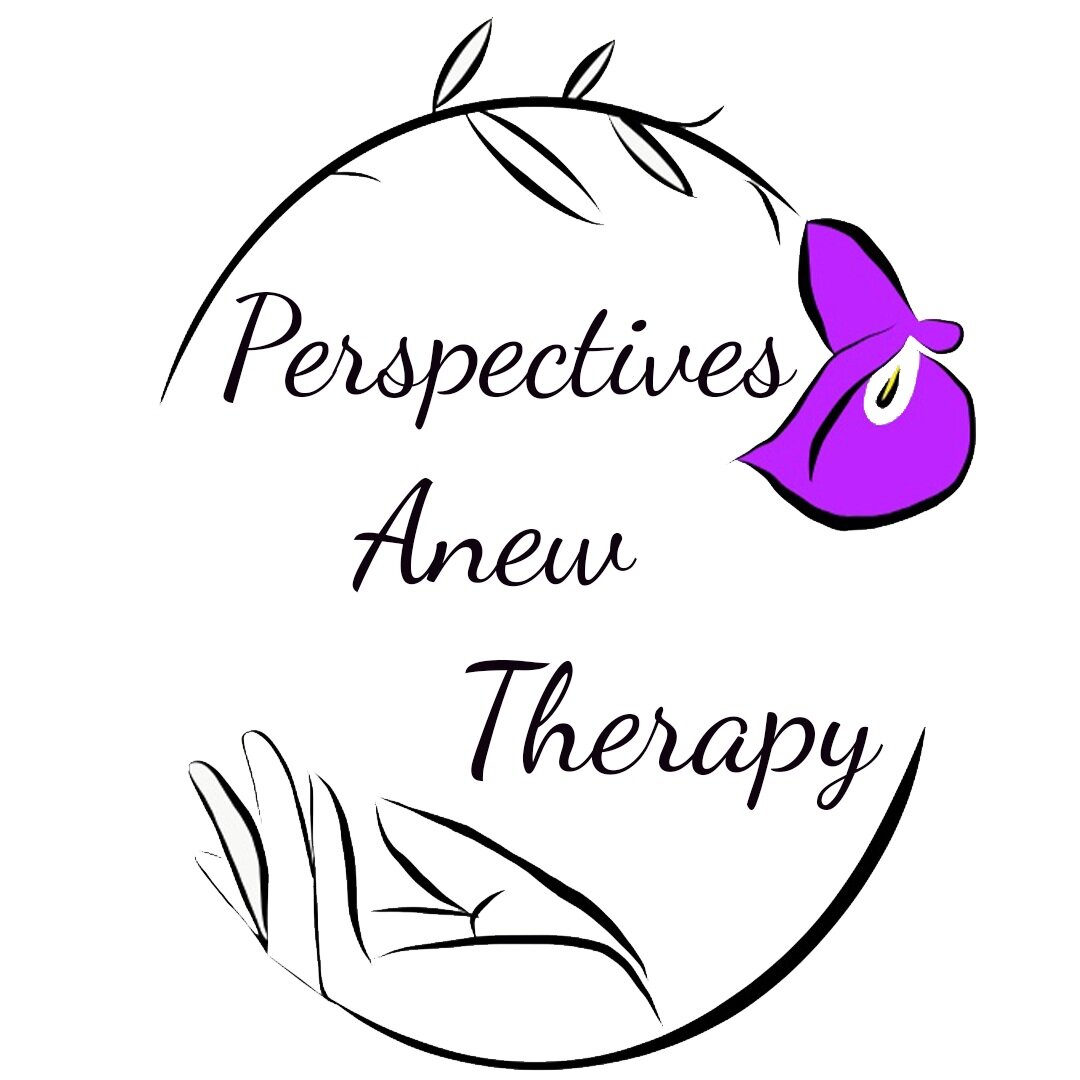Perspectives Groups
It Begins With Getting Curious
Group therapy provides a supportive space where individuals can share their experiences, gain insight, and develop coping strategies alongside others facing similar challenges. While speaking in front of peers may initially feel intimidating, group therapy can foster connection, reduce feelings of isolation, and promote personal growth. Engaging with others’ perspectives can lead to shifts in one’s own thinking, offering new ways to approach personal struggles. By both giving and receiving support, individuals build confidence, emotional resilience, and a broader understanding of themselves and their experiences, making group therapy a powerful tool for healing and change.
Current Groups
Rise and Thrive: Teen Trauma Support Group
Duration: 9 Weeks beginning April 27, 2025
Time: 3:00 PM - 4:30 PM
Ages: 13 - 17
Fee: $385
Meet the Facilitators
FAQs
-
A group session involves multiple participants with a similar goal in mind. In groups, people take what resonates with them and leave what doesn’t. A group session can be closed (no new members are allowed to join once it is started) or open (new members come and go).
Individual sessions are a one-on-one interaction between therapist and participant.
-
At this time, we are unable to accept insurance for group sessions. After the nine week group sessions have concluded, if you or your teen would like to schedule with one of the therapists for individual or family therapy, certain insurance plans are accepted depending on the therapist.
For information on this, please call 904-414-3359.
-
As professional therapists, we guarantee that we will maintain your confidentiality with some exceptions (see exceptions for more details). While we explain confidentiality expectations in group and ask that everyone adhere to them, we are not able to guarantee that all group members will do so. We will reinforce healthy boundaries and routinely check in with participants. Rules and expectations will be thoroughly discussed in the first session. Reminders of confidentiality are given at the beginning of each subsequent session. We maintain a zero tolerance for any hate speech.
-
We maintain everyone’s confidentiality with the following exceptions:
Someone discloses plans, means, and intention to harm themselves.
Someone discloses plans, means, and intention to harm someone else.
Someone discloses that they or another minor are being abused.
We are mandated by law to report these instances. We will additionally provide resources and next-step options for the participant and their family.
-
Finding the right group depends on individual goals, comfort level and needs. Asking yourself questions such as those below can help you decide.
Are the groups goals in alignment with our goals?
Am I comfortable in a group setting?
Does my child benefit from interacting with peers?
Is this group age appropriate?
Will my child feel safe?
-
It is okay for people to feel shy or hesitant in group settings, especially if they aren’t used to sharing their thoughts, emotions or experiences with others.
In our space, participation is encouraged, not forced. Groups are facilitated by therapists who utilize activities designed for different comfort levels.
“Progress, not perfection” means that sometimes it takes time to build comfort. We aren’t in a hurry and won’t rush this.
Parents and family can also support at home by encouraging conversations about their experience without judgment or action, validating their feelings and building confidence.
-
Teen-only peer support and therapeutic groups are designed for participants to share freely without the presence of parents. This helps them build confidence, independence and trust.
While parents may not attend group sessions, resources and encouragement can be provided.
-
Parents can support their teen through the three R’s; Respect, Rephrase, and Reflect.
Respecting your teen’s privacy allows for them to share more comfortably and take the space they need to express themselves.
Rephrasing questions such as “how was group today” to “what was different about group today” may encourage open communication.
Reflecting with your teen can help them reinforce their newly learned skillsets.

